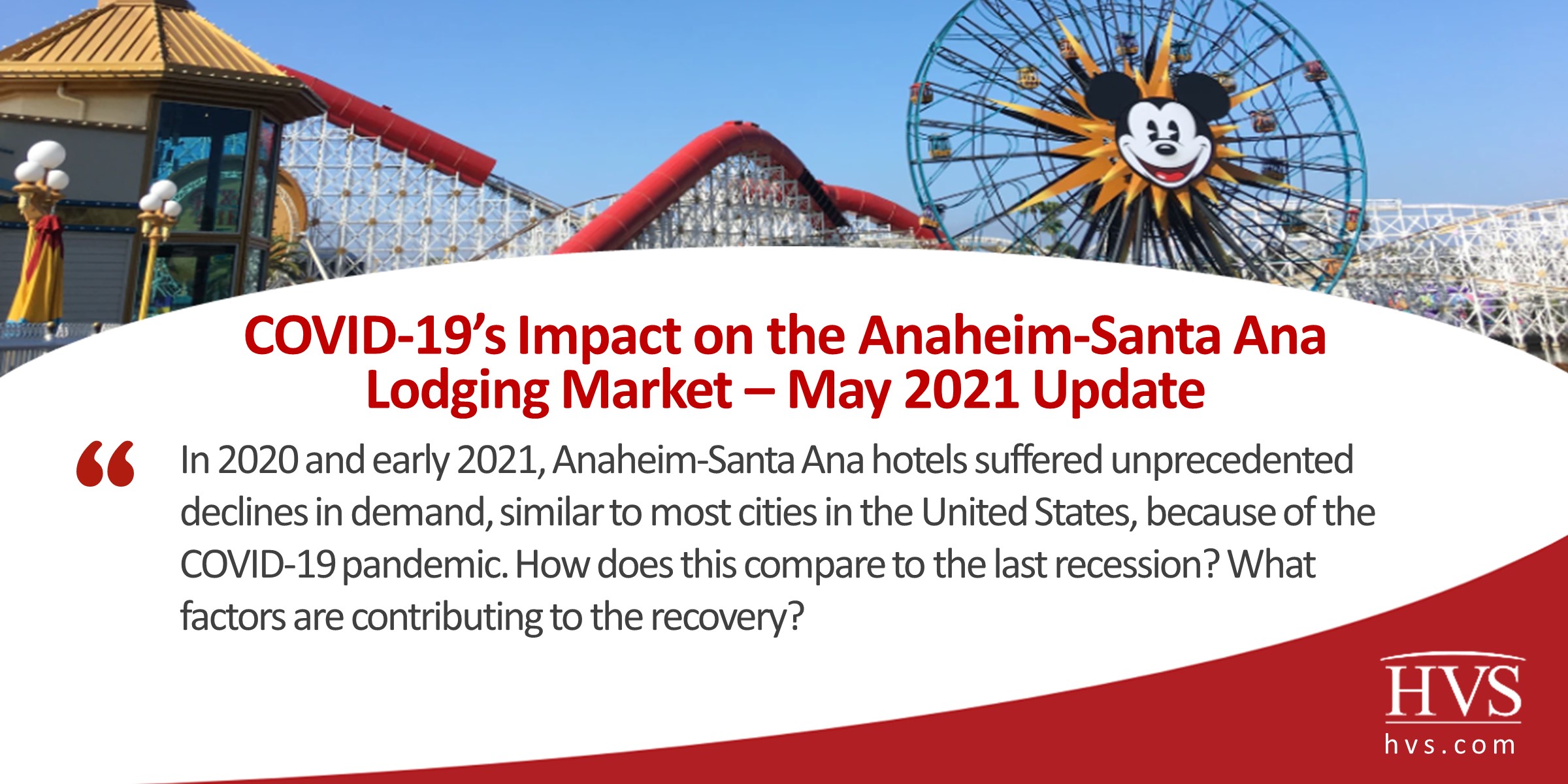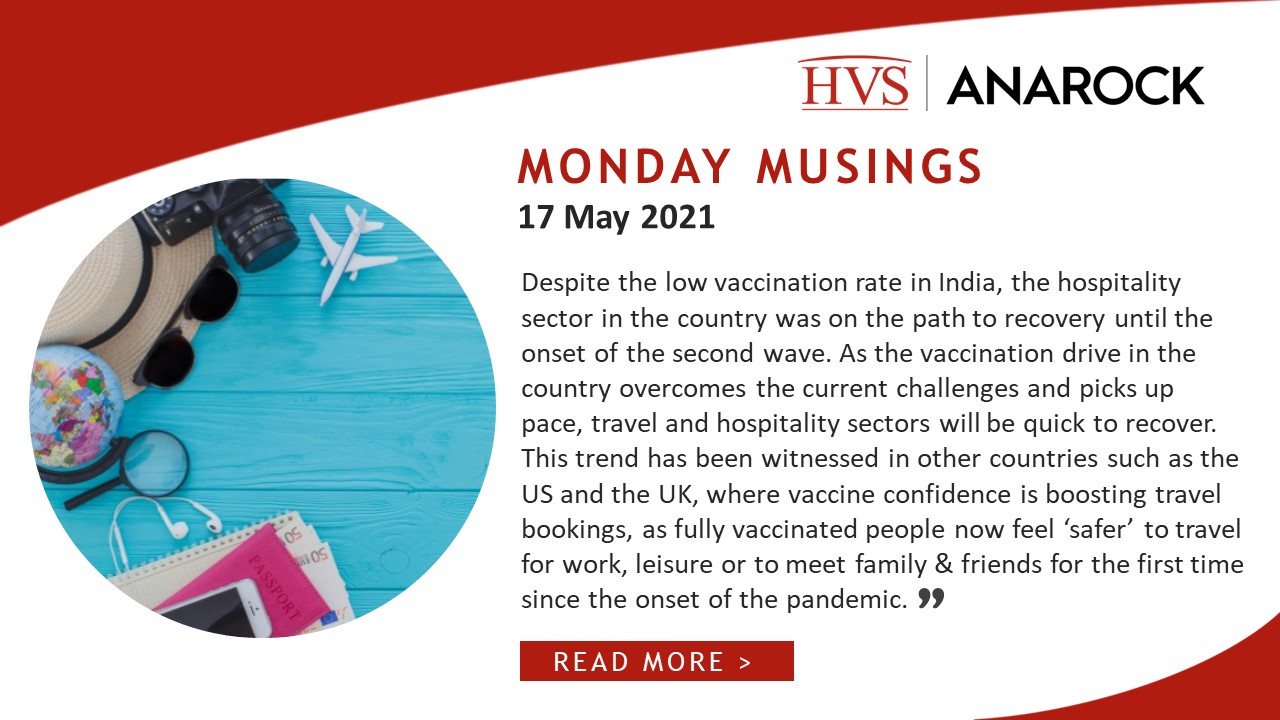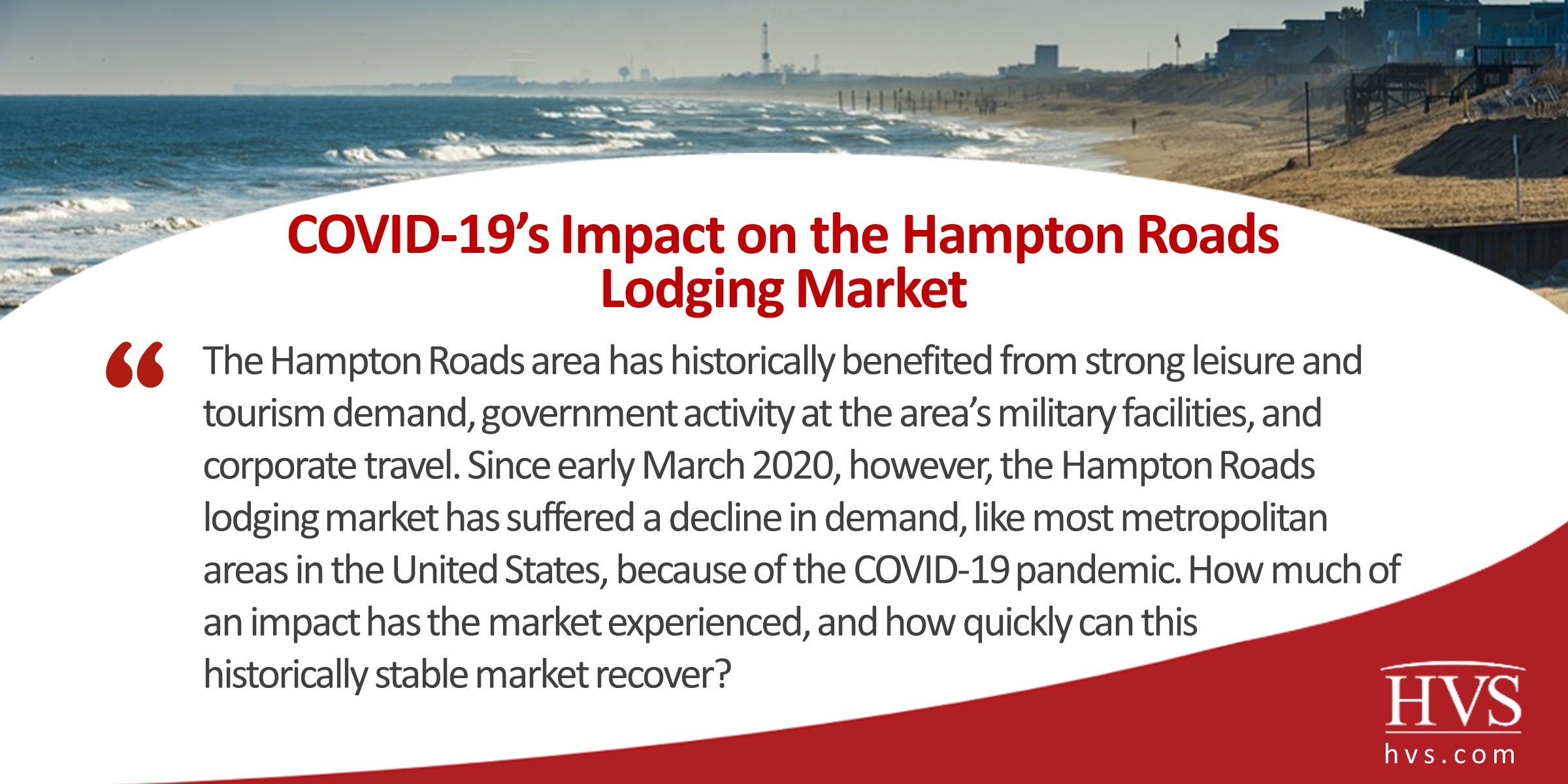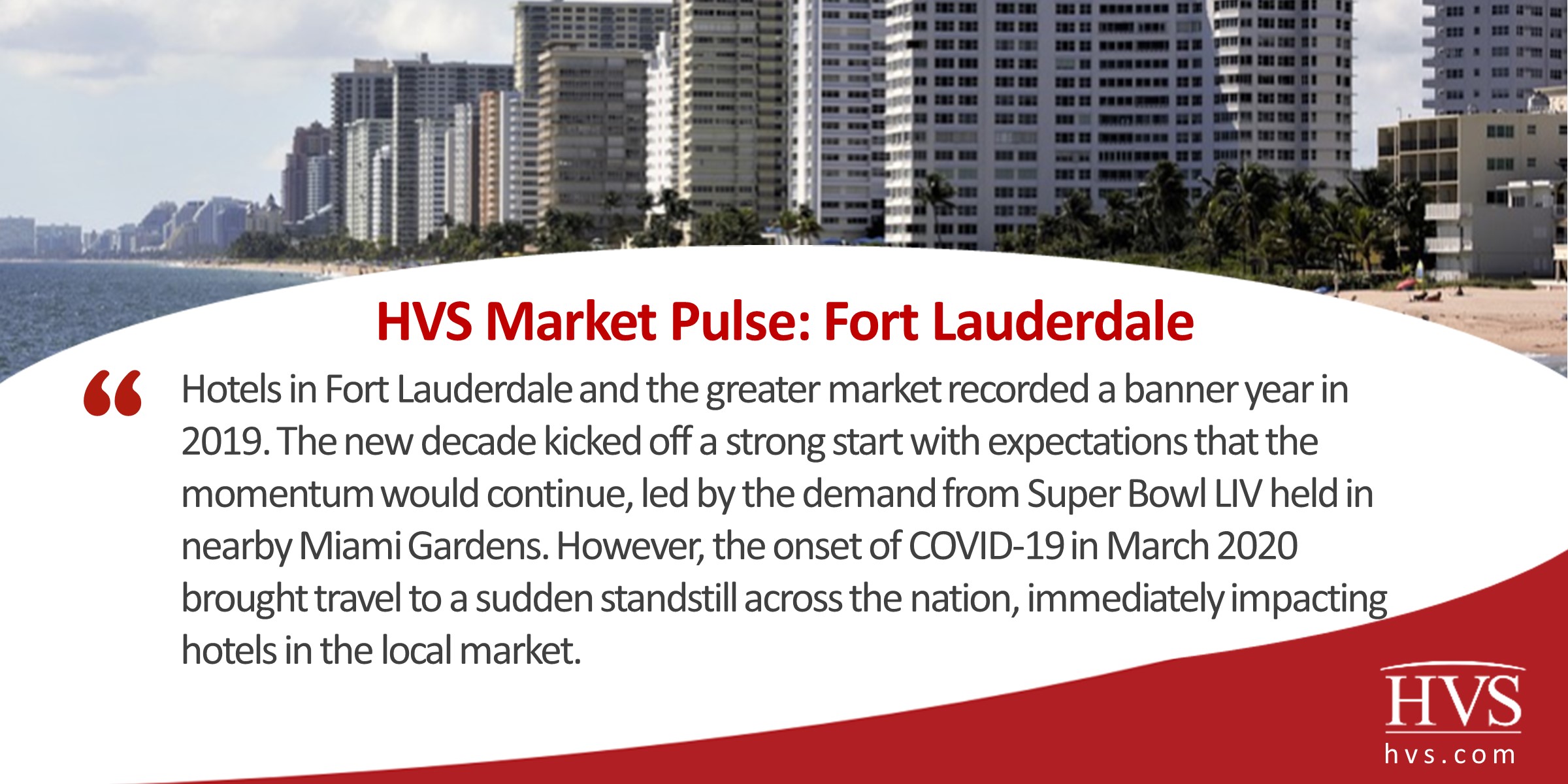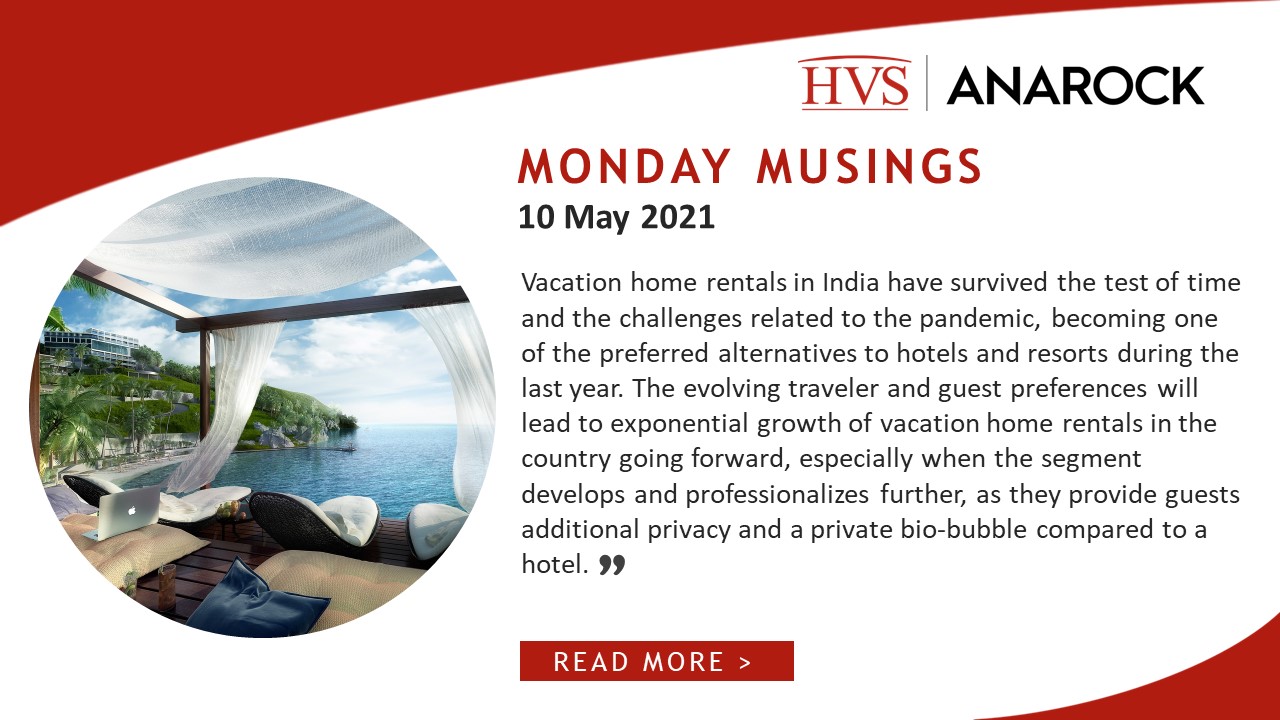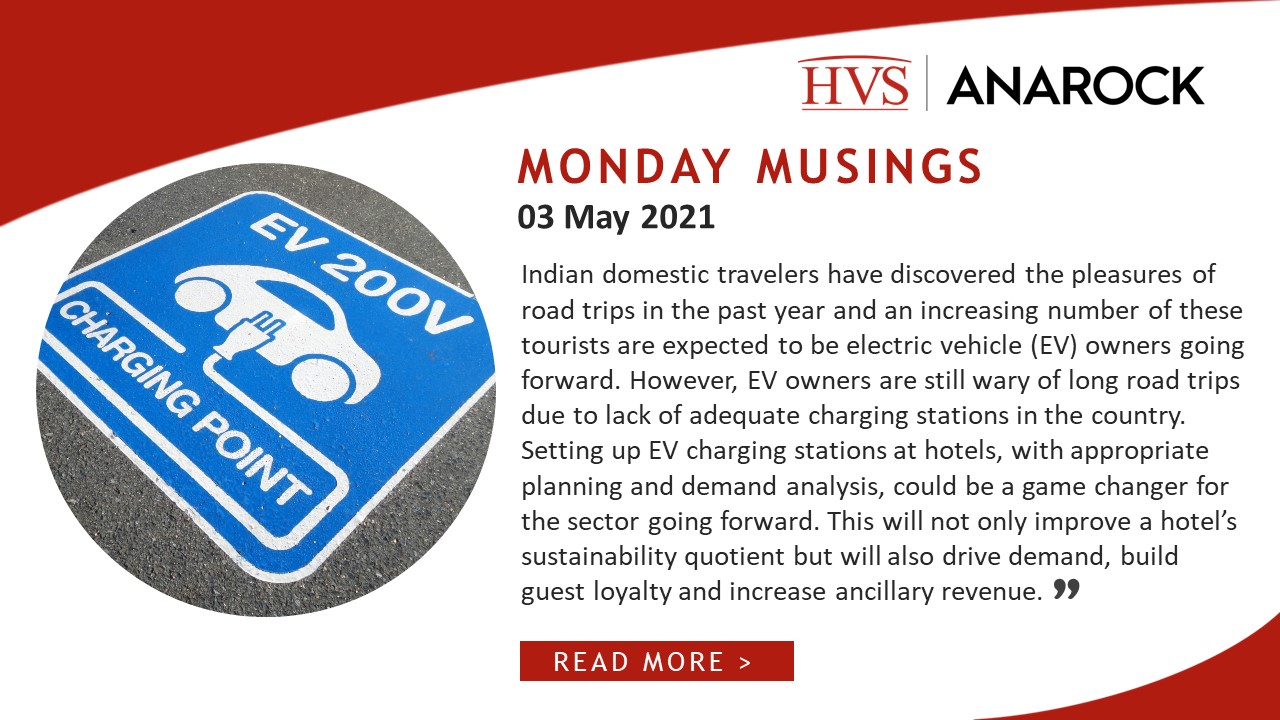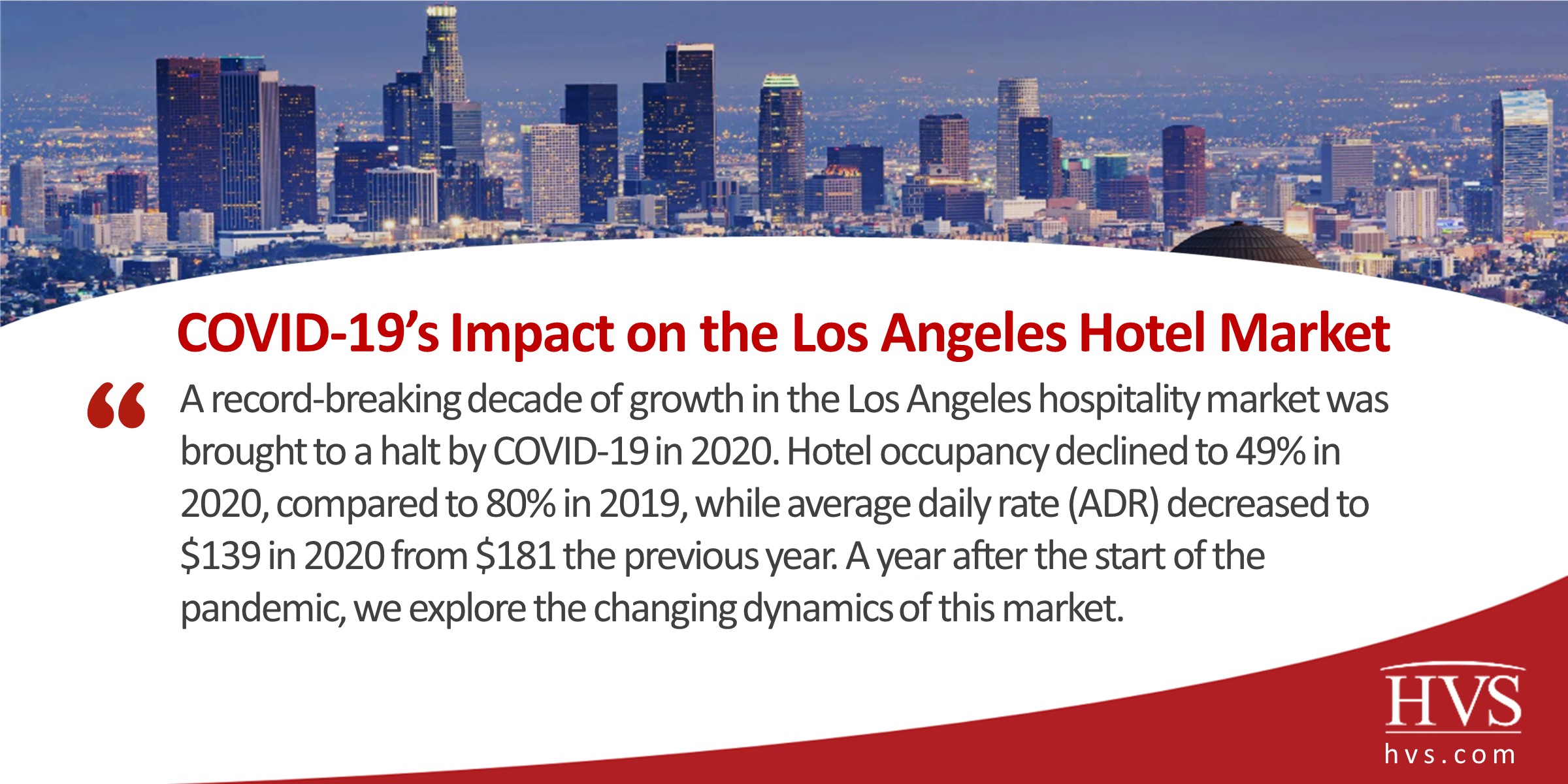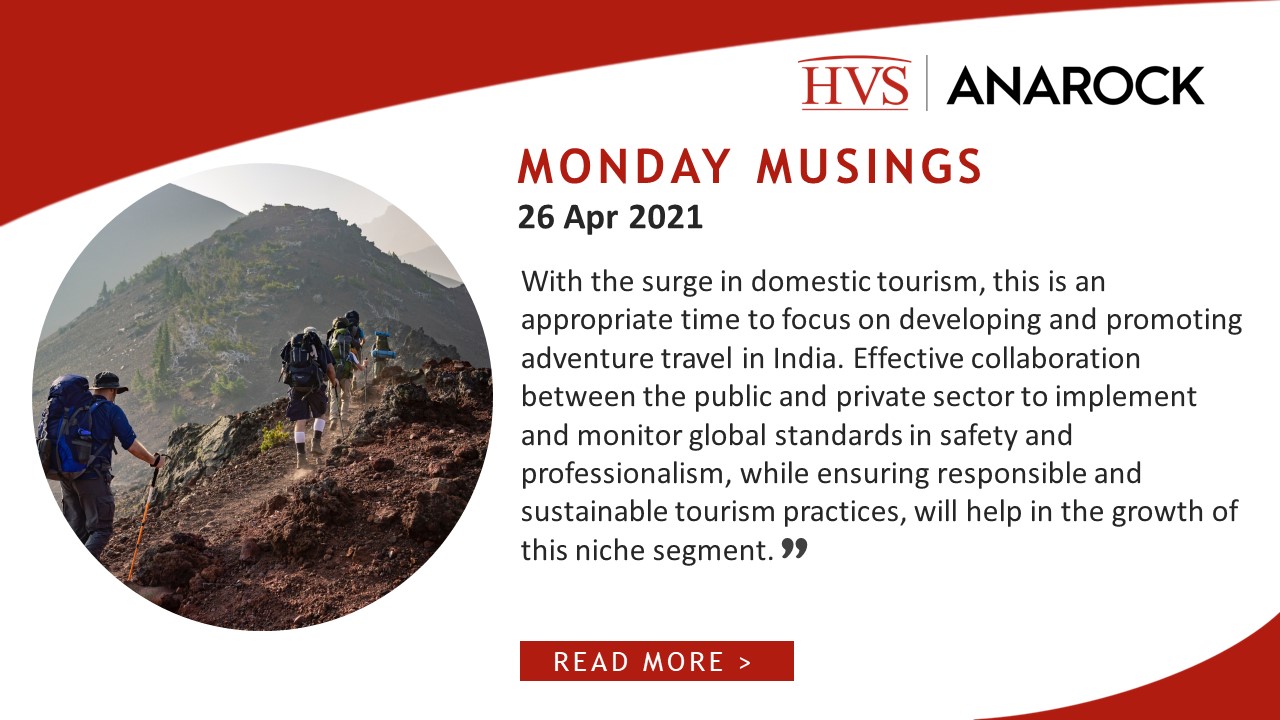Market Insights
COVID-19’s Impact on the Hampton Roads Lodging Market
The Hampton Roads area has historically benefited from strong leisure and tourism demand, government activity at the area’s military facilities, and corporate travel. Since early March 2020, however, the Hampton Roads lodging market has suffered a decline in demand, like most metropolitan areas in the United States, because of the COVID-19 pandemic. How much of an impact has the market experienced, and how quickly can this historically stable market recover?
